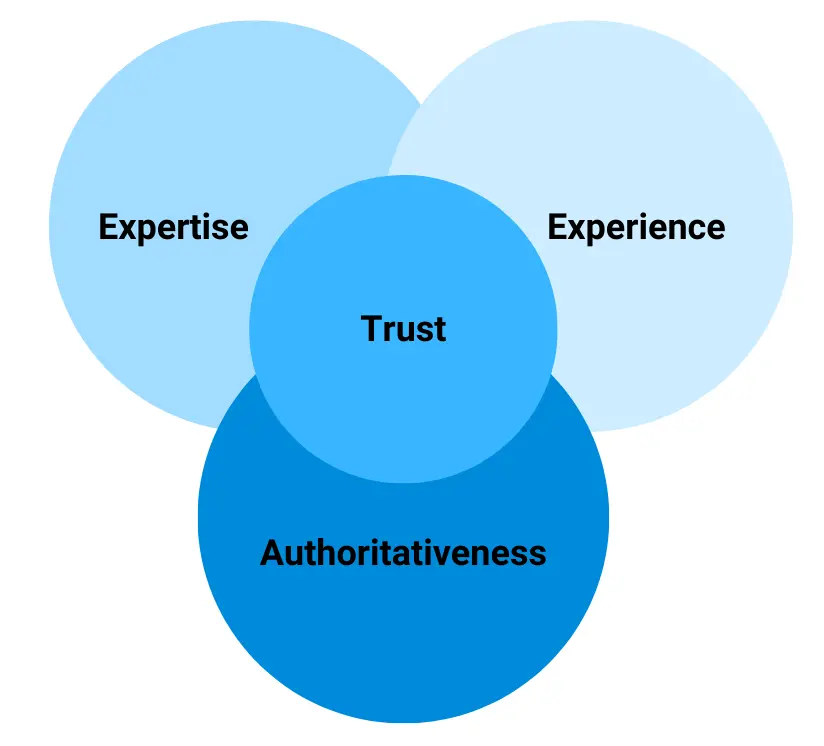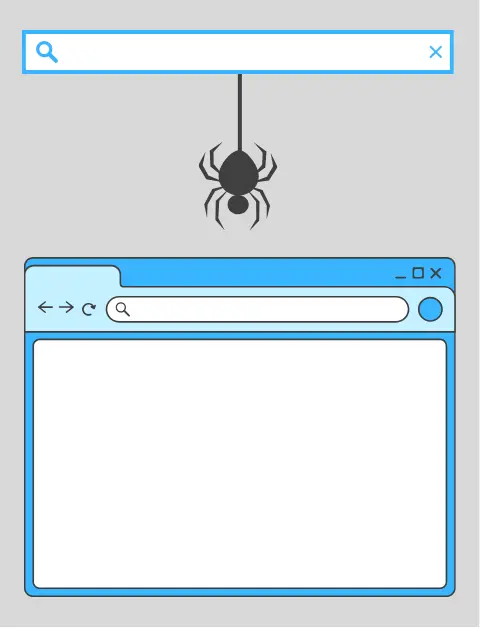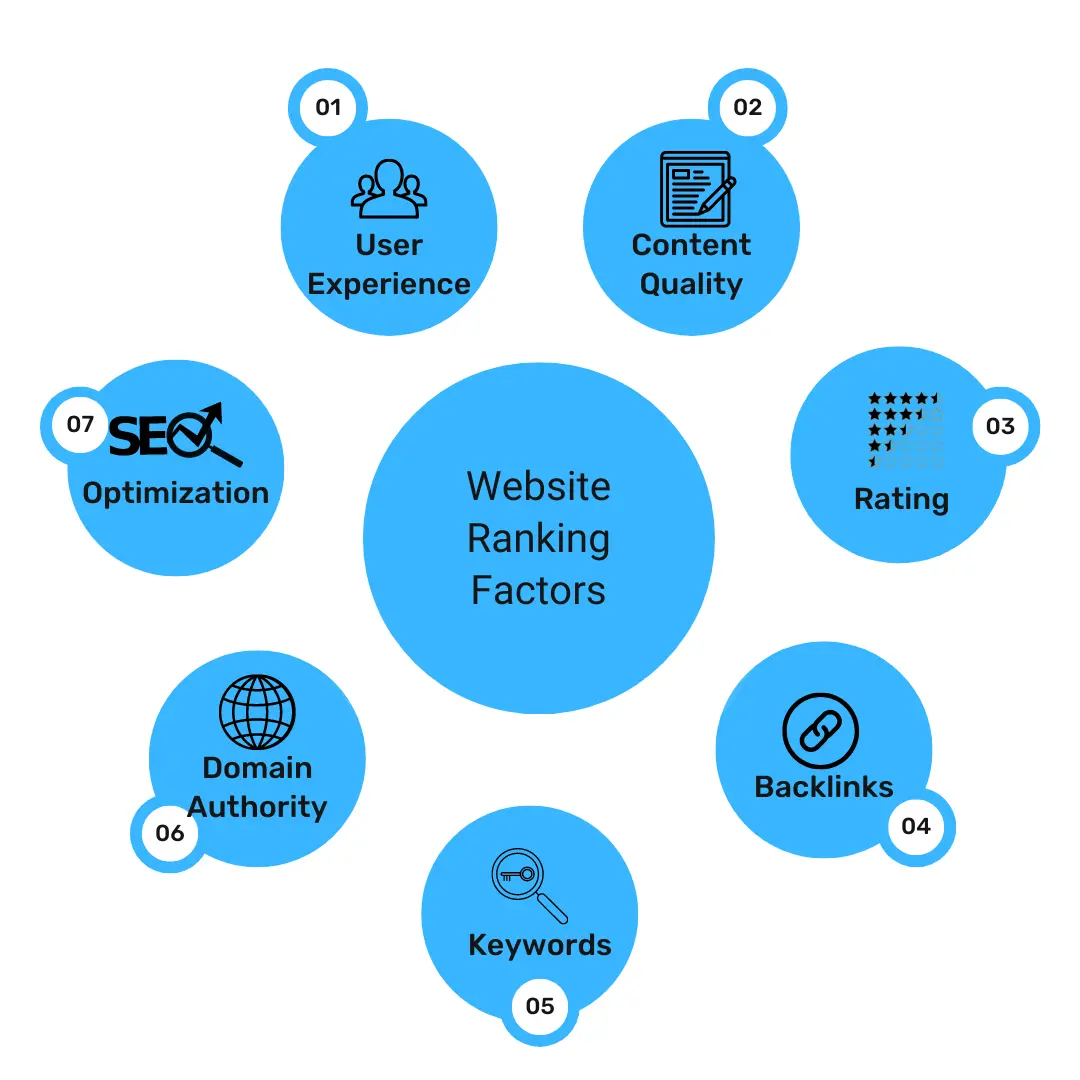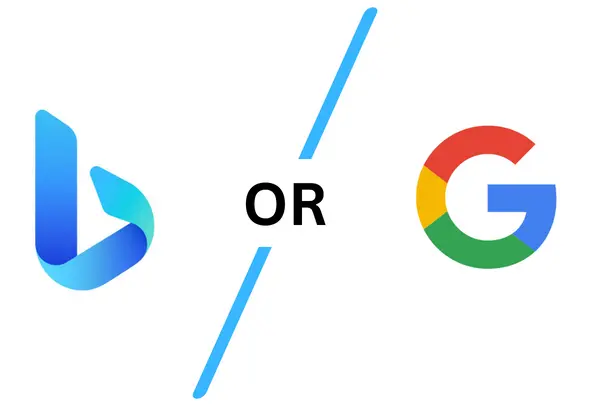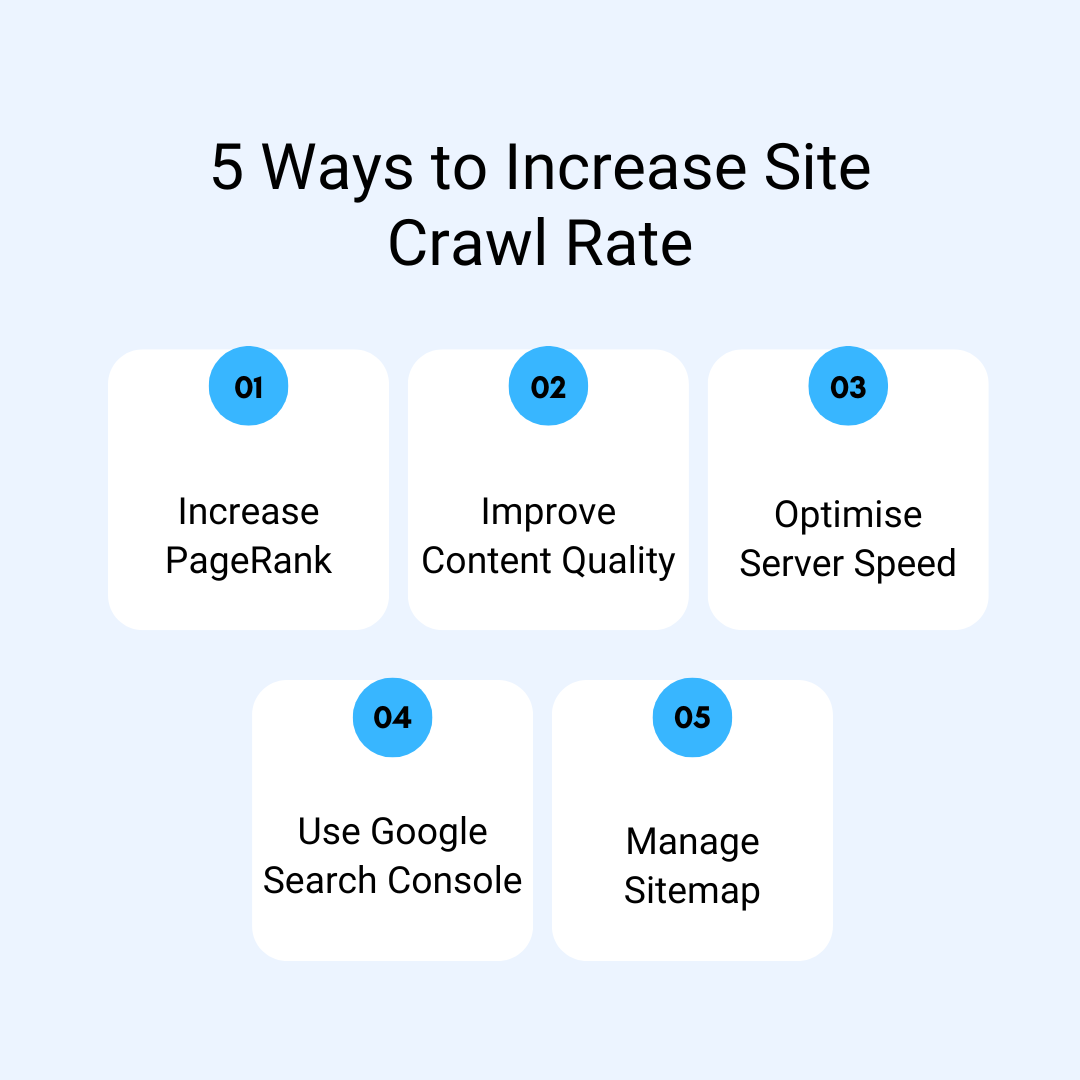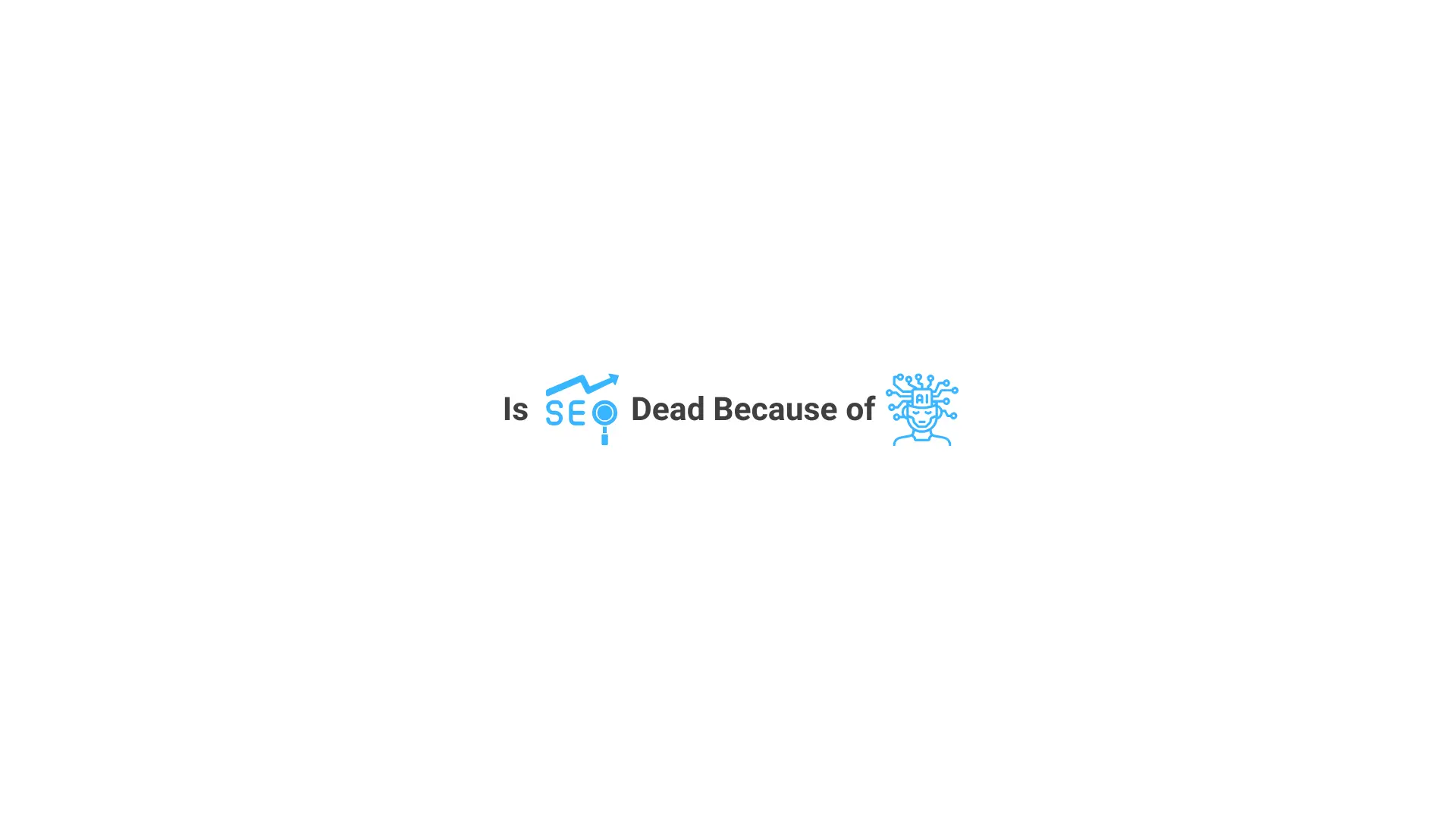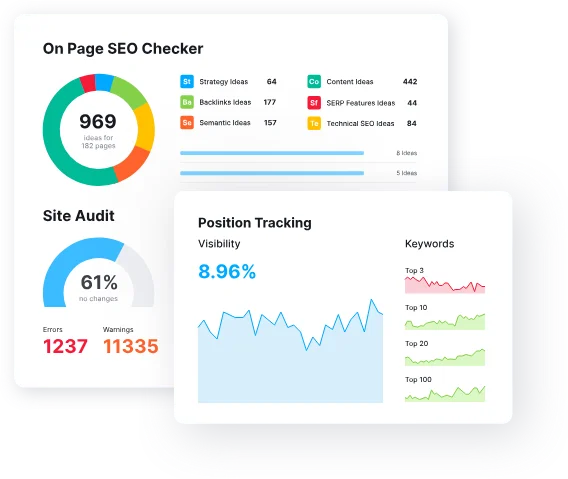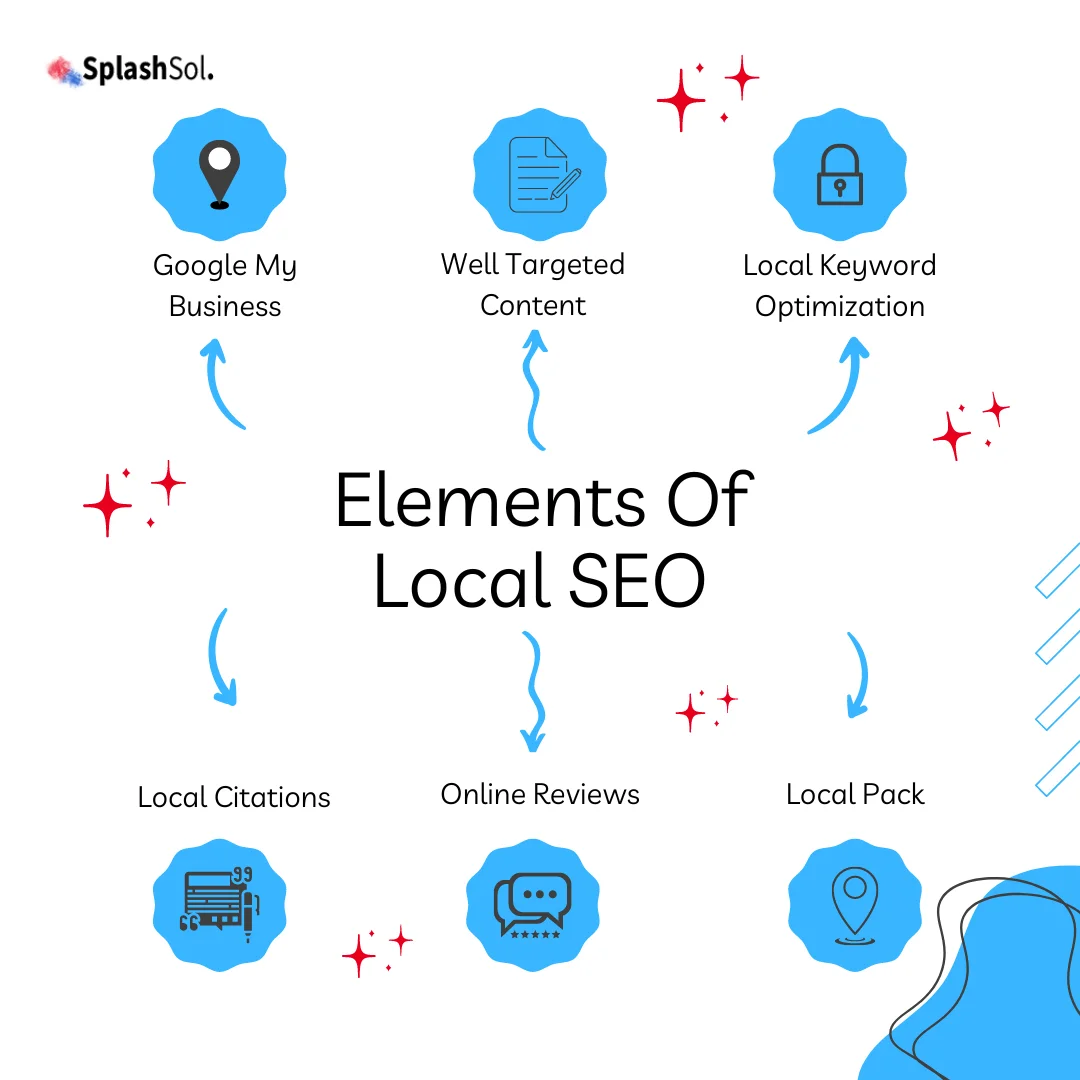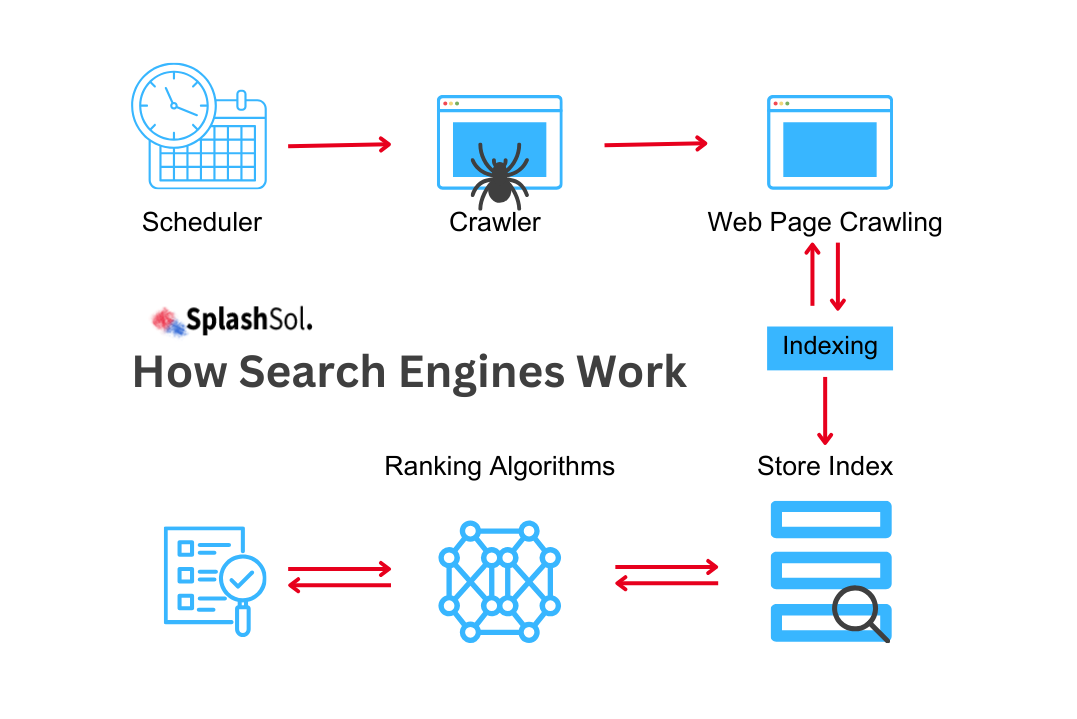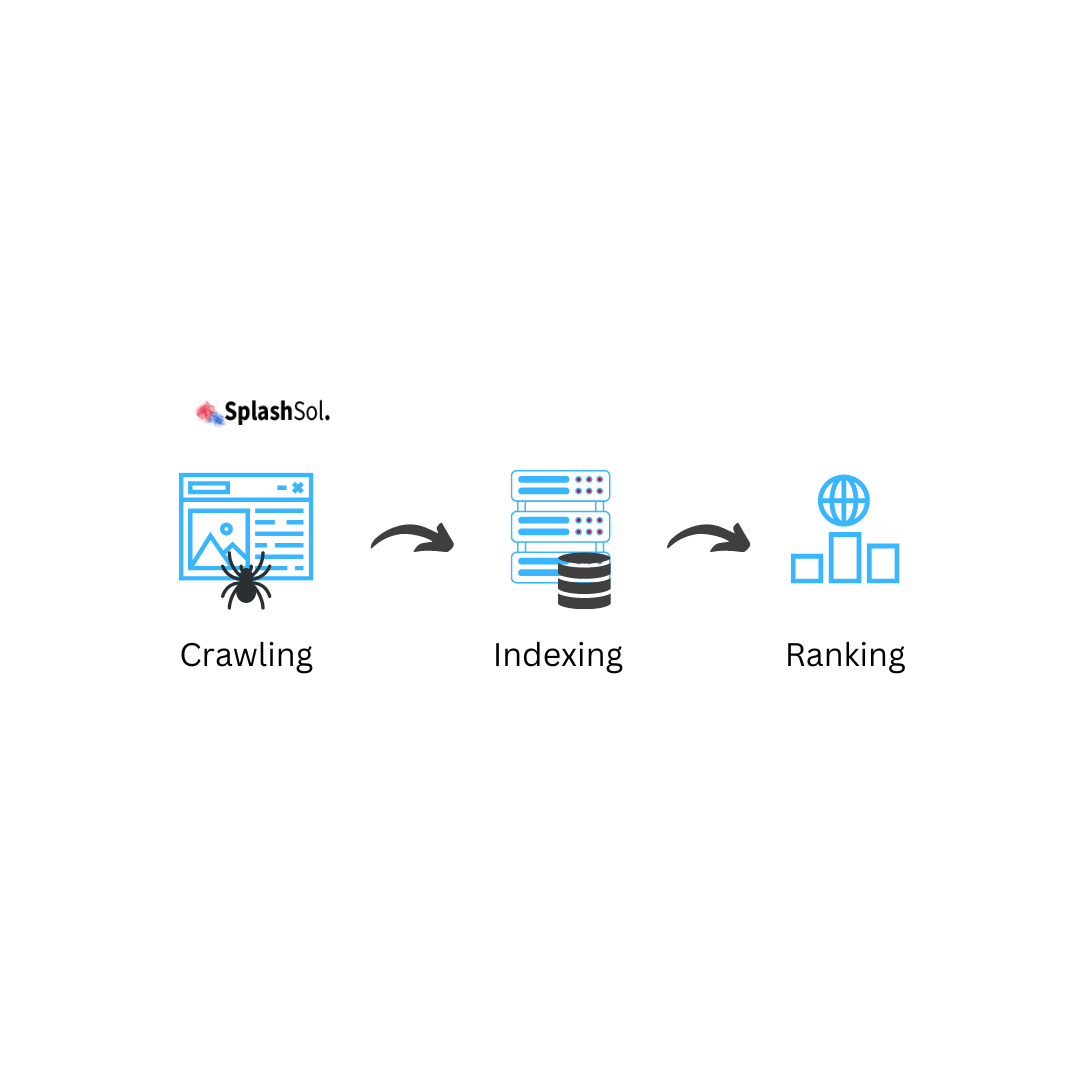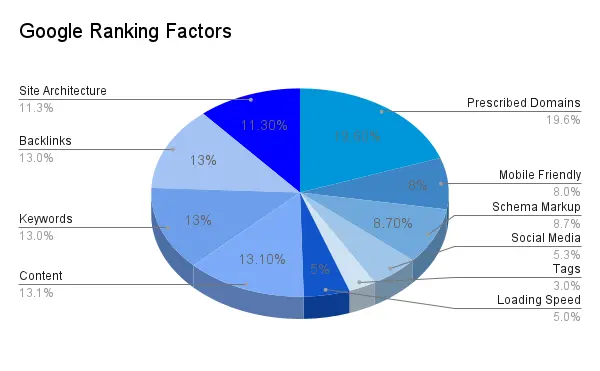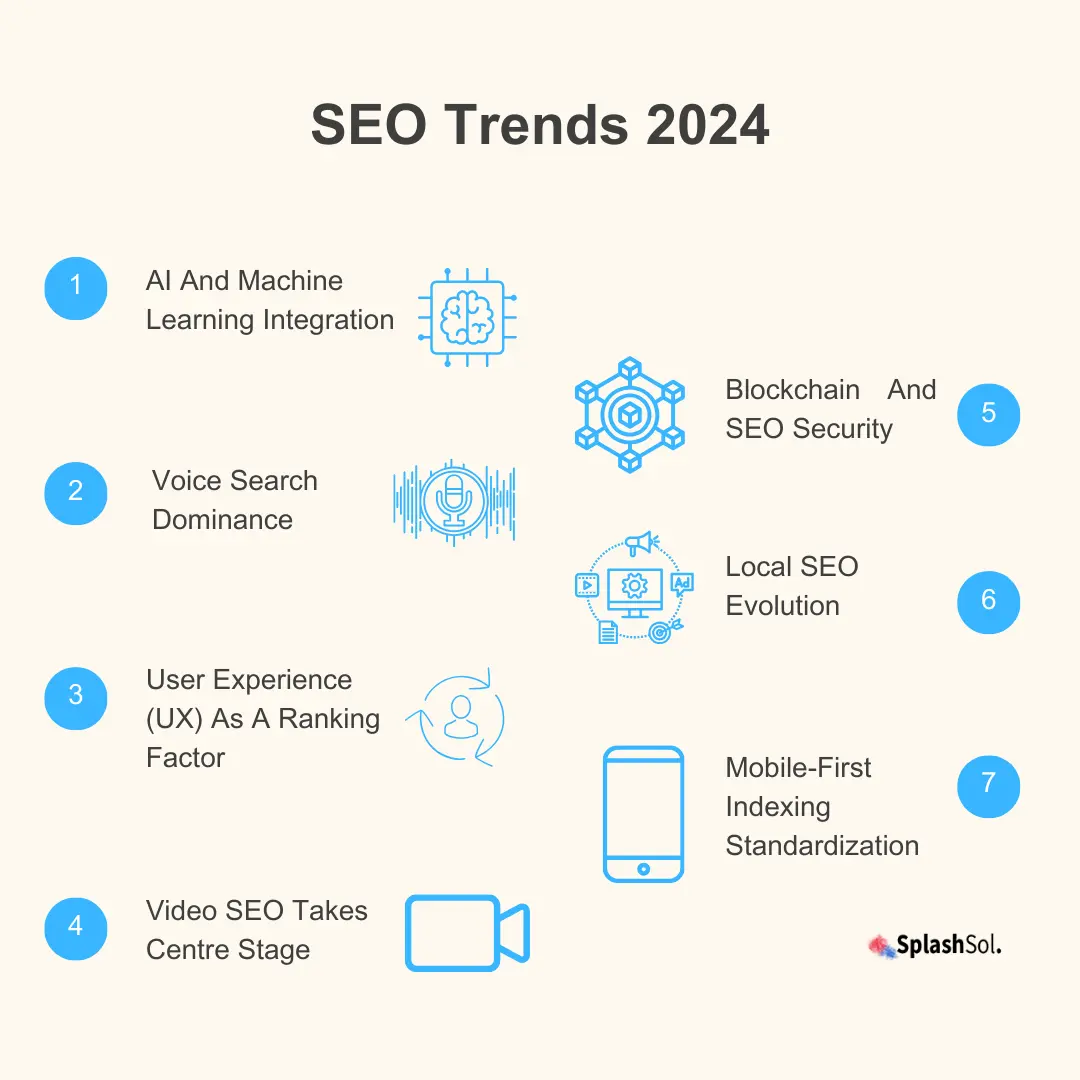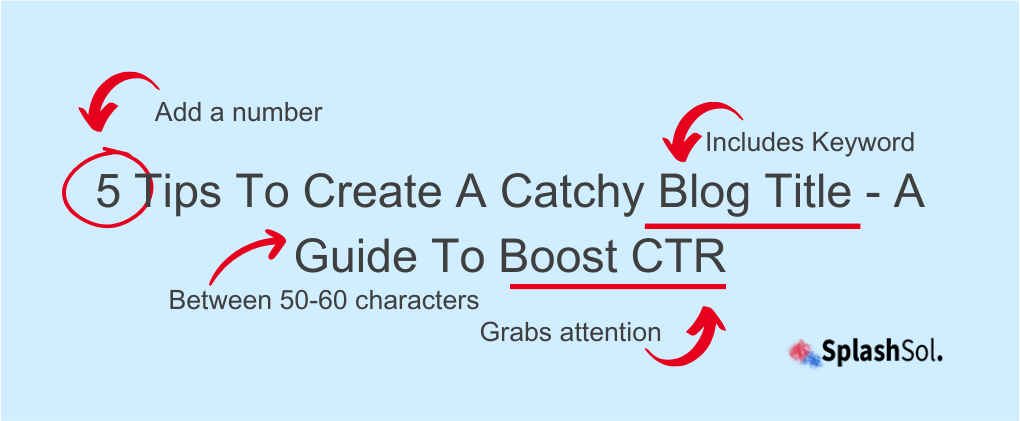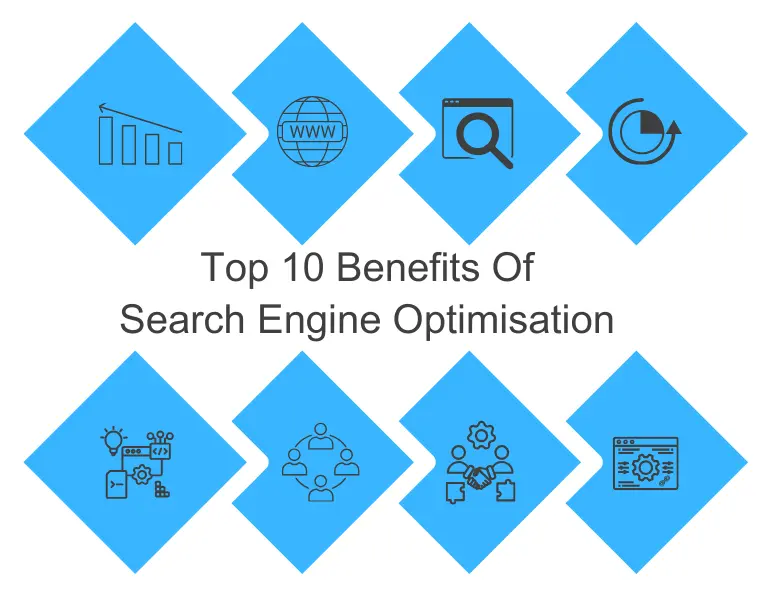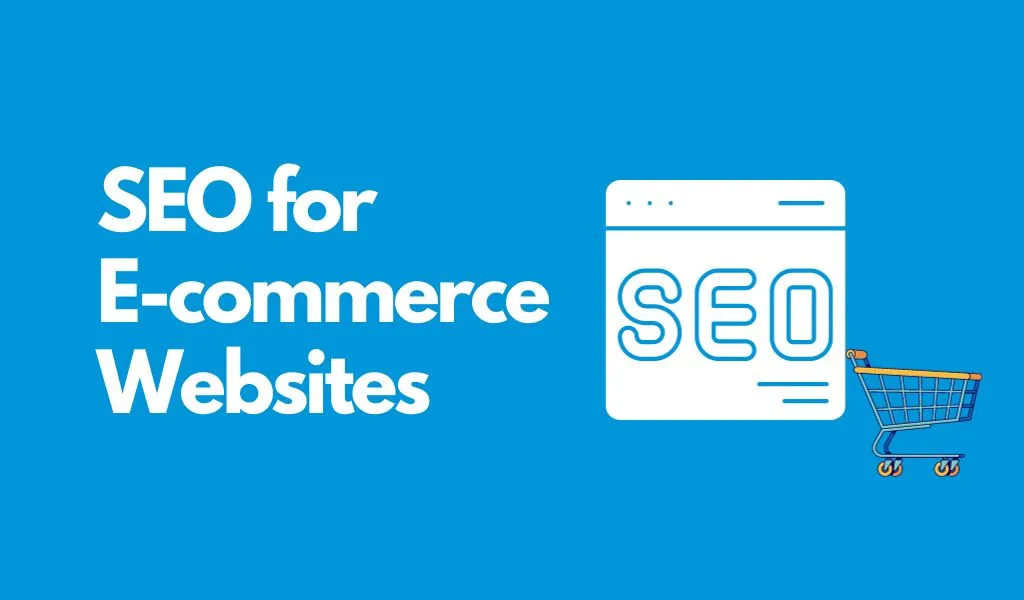Your Adwords or PPC campaign starts with keyword research. But simply creating a list of targeted keywords may not be enough.
If you are looking to work out how to structure and organize keywords for your PPC campaign, this article will help you.
Once you have collected the keywords data, you will need to classify them into a more targeted group of SEO keywords based on the search intent.
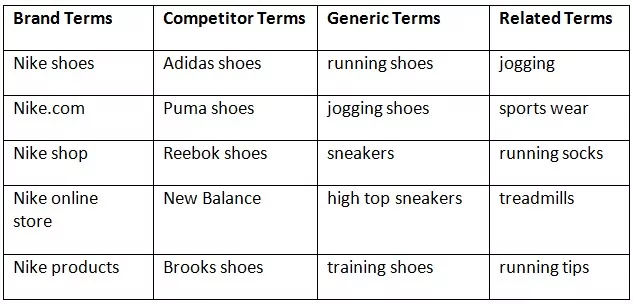
Make sure your ad keywords groups are tight and relevant to your product or service. Adjust your keyword groups based on the search intent level to measure your campaign’s performance easily. Create specific and relevant ads and landing pages for the different keyword groups to achieve the best possible results.
Understanding the search intent for your keywords is of critical importance at this stage. See how the search intent changes from broad keywords to more specific and narrow keywords that express users’ intent to purchase.
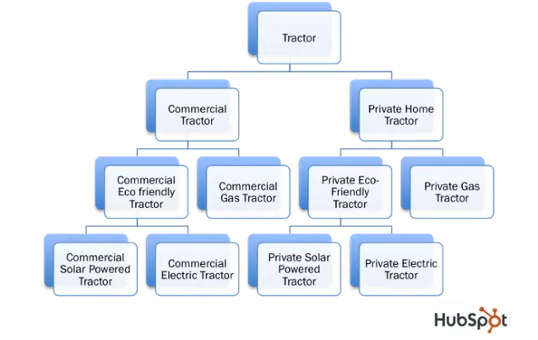
For example, a broad keyword, such as “tractor” doesn’t have the required purchase intent for a company that sells tractor parts. In contrast, a more specific phrase like “private electric tractor” has far greater purchase intent.
The above process flowchart shows the change in the search intent from informational to transaction based on the keyword groups.
Remember this when categorizing your keywords into groups for your ad campaigns.
Include negative keywords in your first PPC campaign
Likely, you will not hit your conversion targets if you overlook the importance of search intent when creating an ad campaign.
Some keywords may be tempting because of their higher search volume, but if they lack transaction intent, you may have a very poor click-through rate.
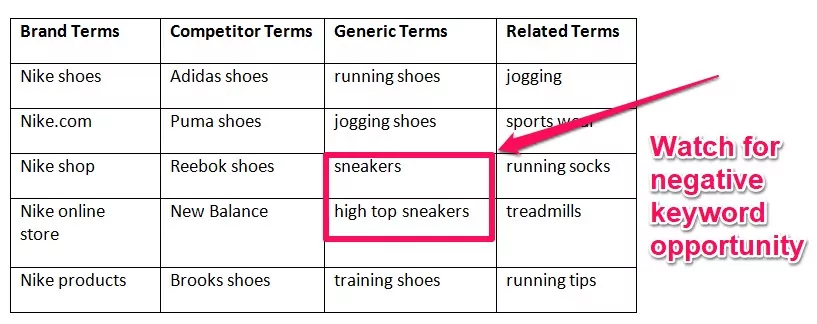
As explained by Neil Patel in his guide on PPC, the above example demonstrates that the grouped keywords target an audience that might be interested in training and running shoes. However, keywords such as “sneakers” and “high top sneakers” are not relevant to the target demographic. These visitors are very likely to exit the landing page because their search intent will not be fulfilled.
Some keywords may have far different user intent and can invite clicks with an immediate bounce that won’t turn into a conversion.
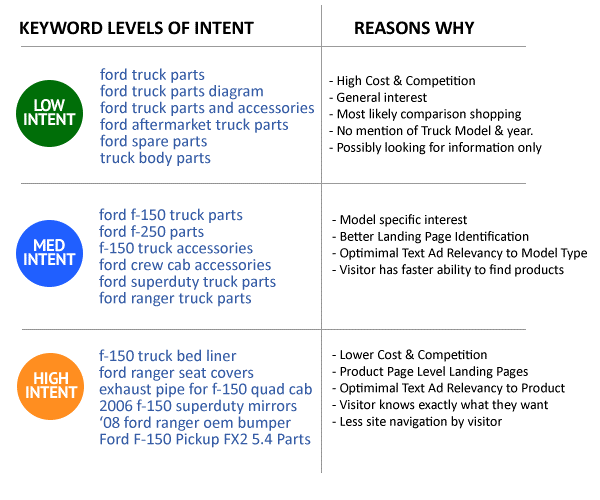
It could also lead to ad impressions that result in no clicks.
Both can weaken your ad’s quality score, negatively impacting your ad placement and cost per click.
To prevent this, flag any keywords that may attract the wrong audience as negative keywords. This will keep your ad from displaying if those keywords are used.
If you are looking for a company that can help you with keyword research for your PPC campaign, then look no further than Splash Sol Tech. Over the last few years, we have helped many businesses generate more leads and more sales with our award-winning PPC management services.






